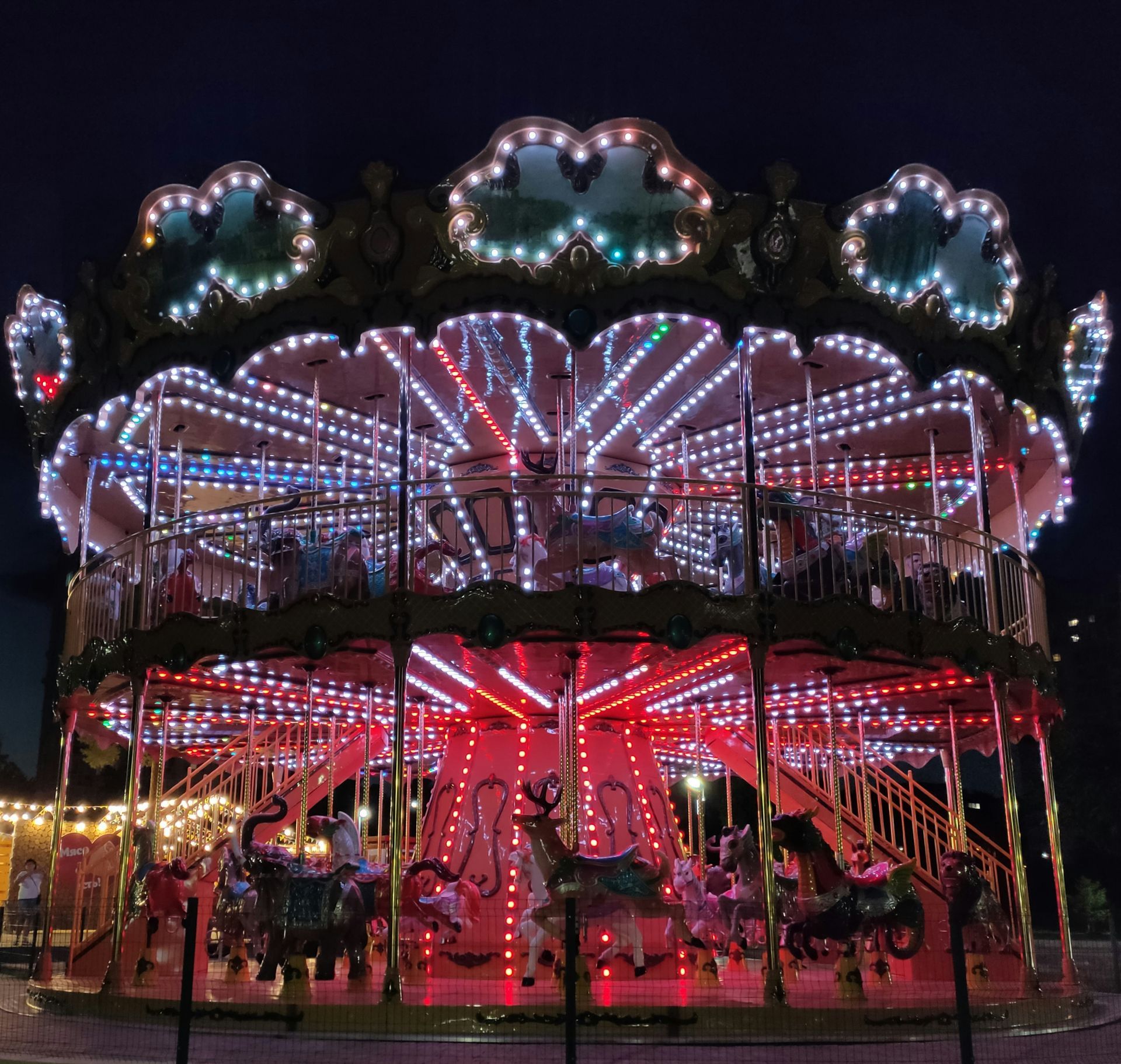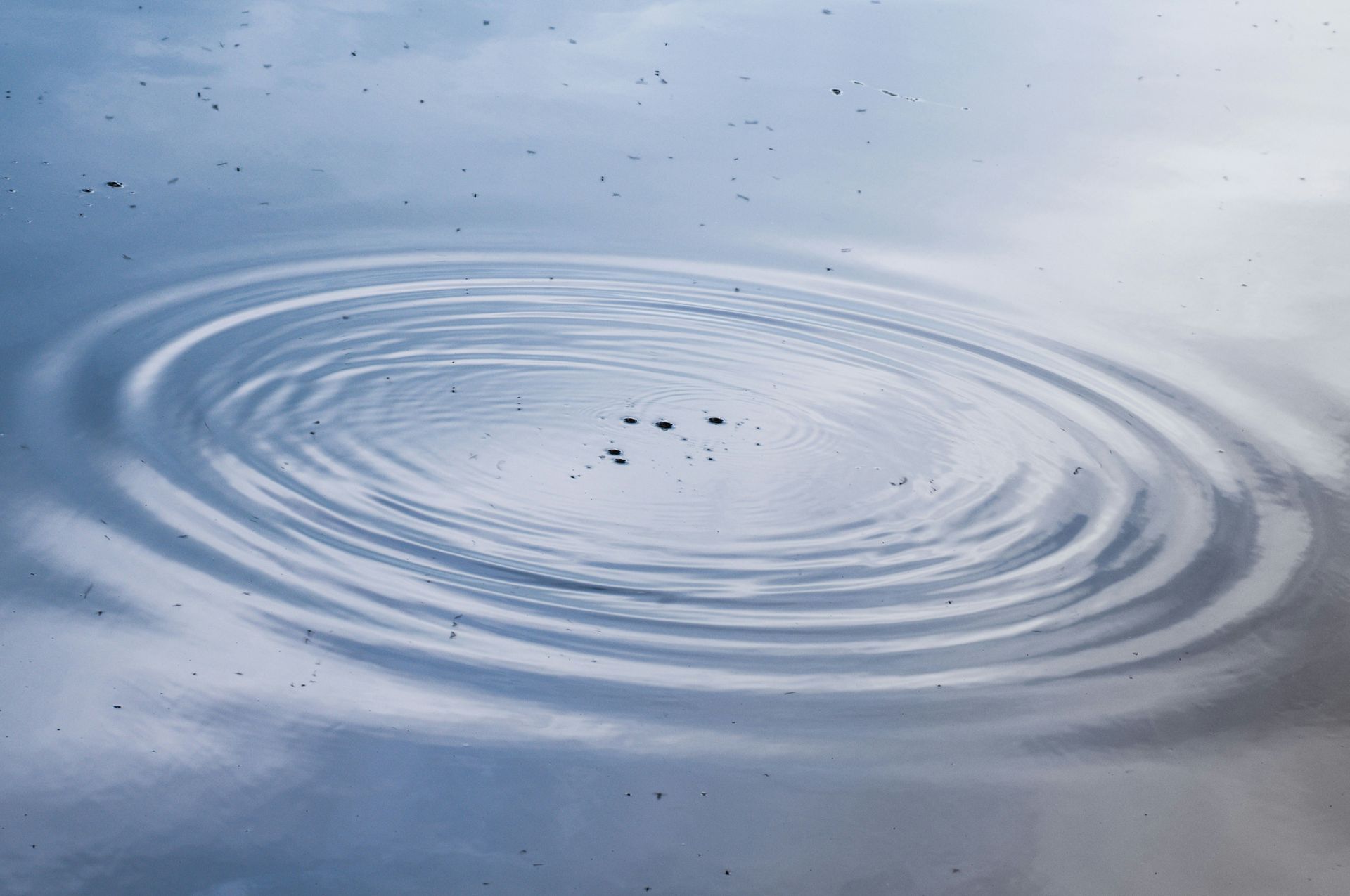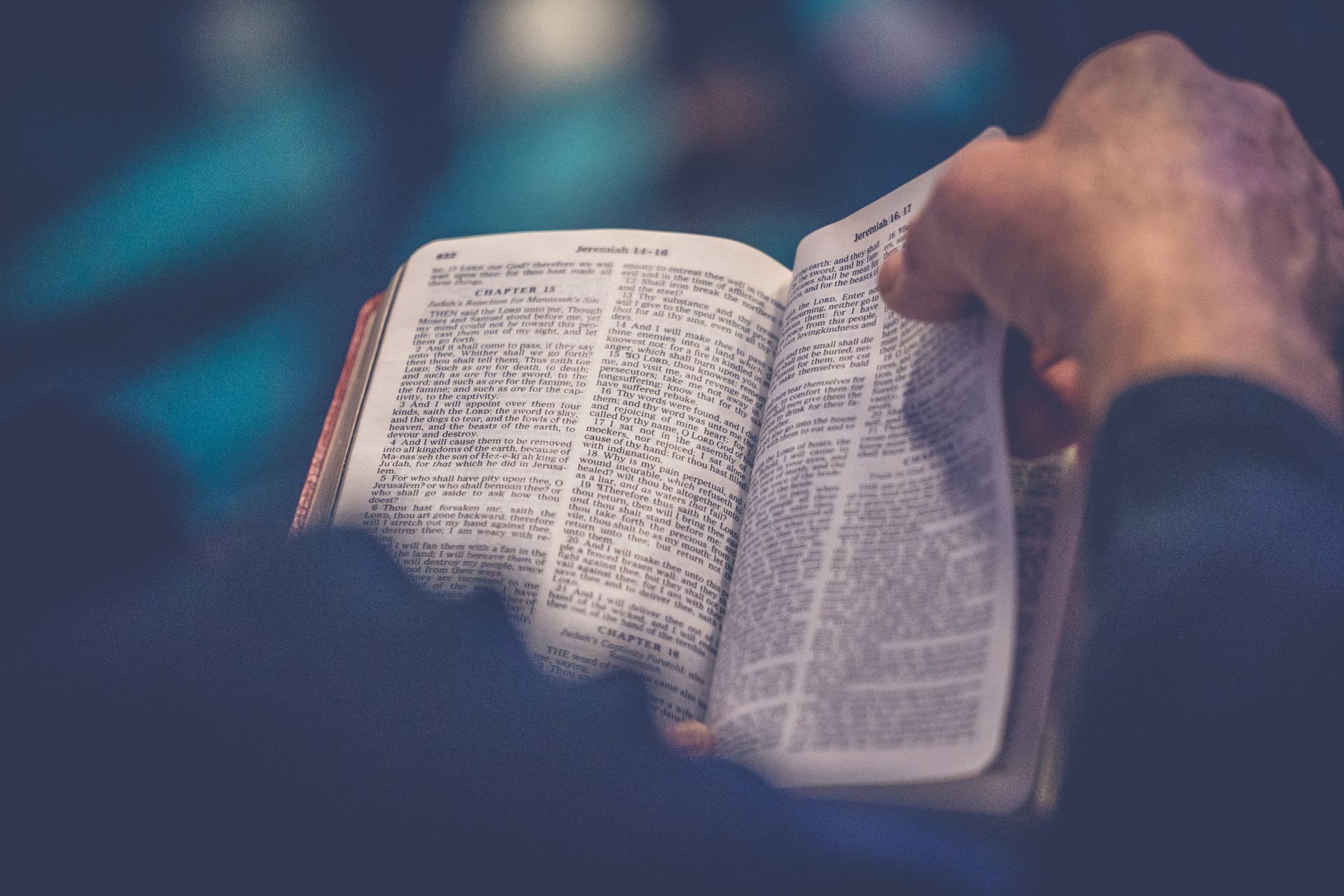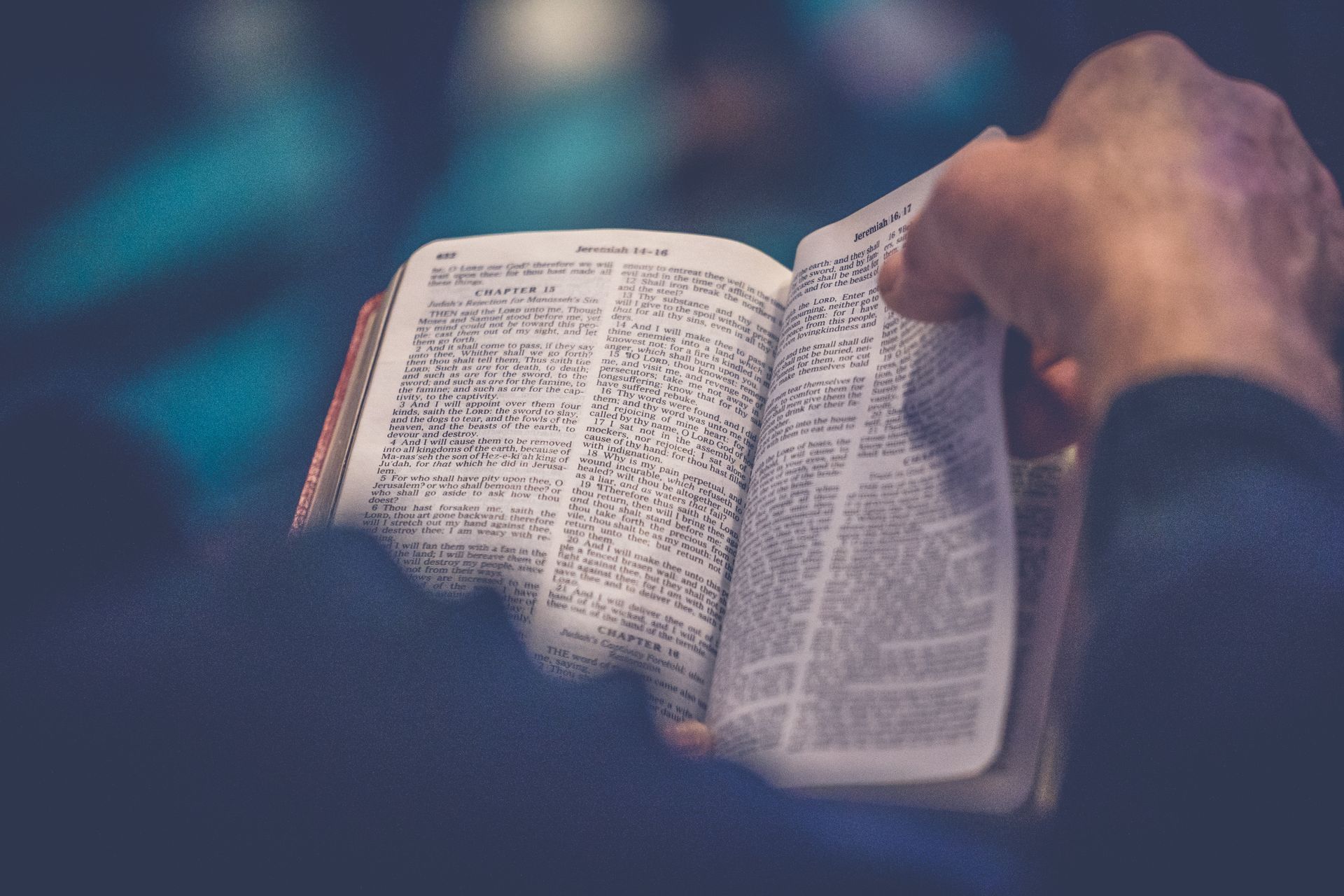Thursday - October 10, 2024
READING
“People don’t feel like they have the right to grieve. . . . A year into this [pandemic], the losses are piling up. I just had this conversation in my office when this person said, ‘I can’t complain about my grief, because people have it worse.’ But we have to correct that thinking. Your grief is your grief. You can’t compare it to other people’s.” Lisa S. Zoll, LCSW
WORDS OF HOPE
I have long been concerned about “unattended sorrow” as Steven Levine calls it—grief, that for a variety of reasons, goes underground, gets buried. And lately, especially since the pandemic, I have come to believe that all of us are carrying unhealed grief. Our losses—actual deaths, as well as the loss of safety and security, health, bodily autonomy, and family connections from political rancor, to name a few-- have been wide and deep. We are such a death-averse culture, and the pain of mourning is intense—so we’re sitting on it—and in it.
This morning, I hope that sharing some information on disenfranchised grief will be helpful.
In his book Disenfranchised Grief: Recognizing Hidden Sorrow, Kenneth Doka defines this type of grief as a loss that is not “socially sanctioned, openly acknowledged, or publicly mourned.” Its major categories are unrecognized relationships, losses that are considered “less significant” than others, losses surrounded by stigma, losses excluded from mourning, and ways of dealing with grief that don’t align with social norms. These categories cover a huge array of losses—from miscarriage, the death of a pet, the death of siblings or an incarcerated friend or relative, the death of a teacher or student, grief felt by a transgender person for a murdered black trans activist even if not personally known, death in an LGBTQ+ relationship not validated by family—even the loss of a best friend of many years. *
So often when we encounter a grieving person, we don’t know what to say. But if we can listen empathetically and respectfully to honor what the loss has meant to them, even one person can be an instrument for healing. Personal or group rituals can bring sorrow into the light as well. A church friend lost two aunts during the pandemic to Covid but was not able to have the memorial service. Just recently though a family member called together those who could come in an informal gathering where memories were shared and the aunts were lifted up. That simple commitment and ritual helped move the family’s grief to a new and healthier place.
Though this devotion has just introduced a large subject, I hope that it does raise the awareness that speaking our sorrows to one with a compassionate heart can be healing.
PRAYER
Loving God, the Psalmist tells us that you note our sorrows, keeping our tears in a bottle, and draw near to the broken-hearted. Help us be your compassionate hearts here on earth and companion the grieving. Amen.
DEVOTION AUTHOR
Dr. Pat Saxon
*One article expanding on the topic. https://www.healthline.com/health/mental-health/disenfranchised-grief#examples
Need Some Inspiration? Read our Daily Devotions






